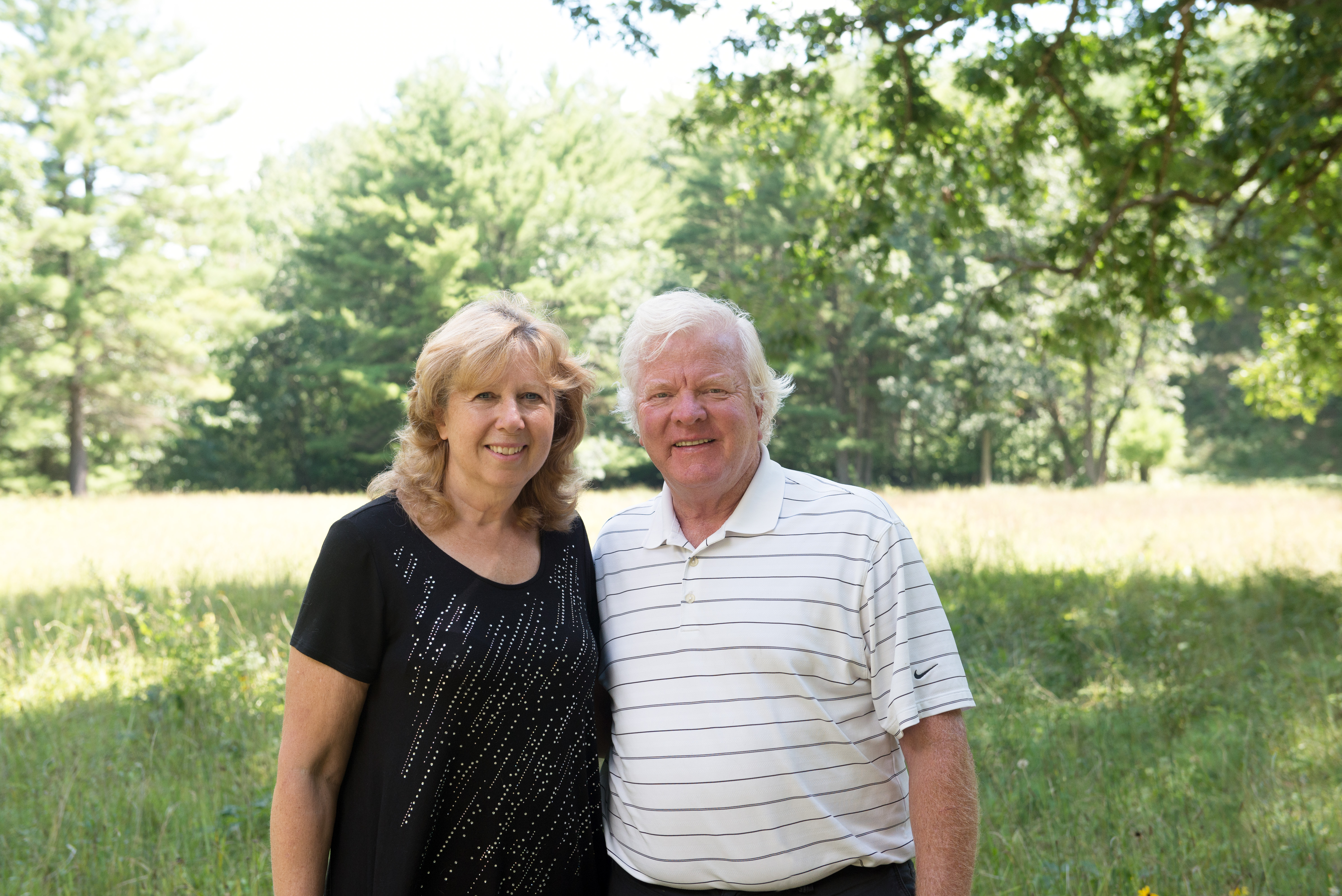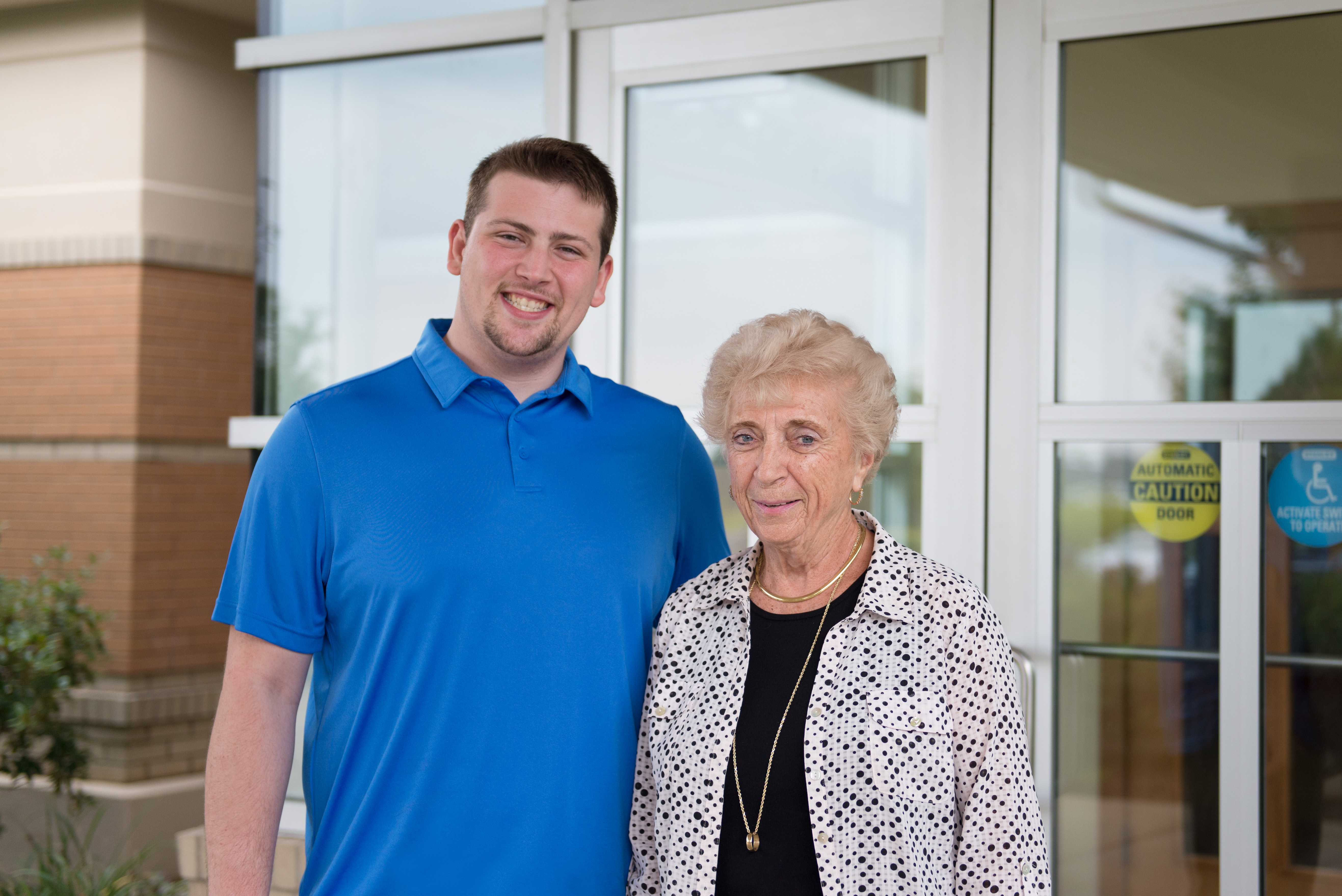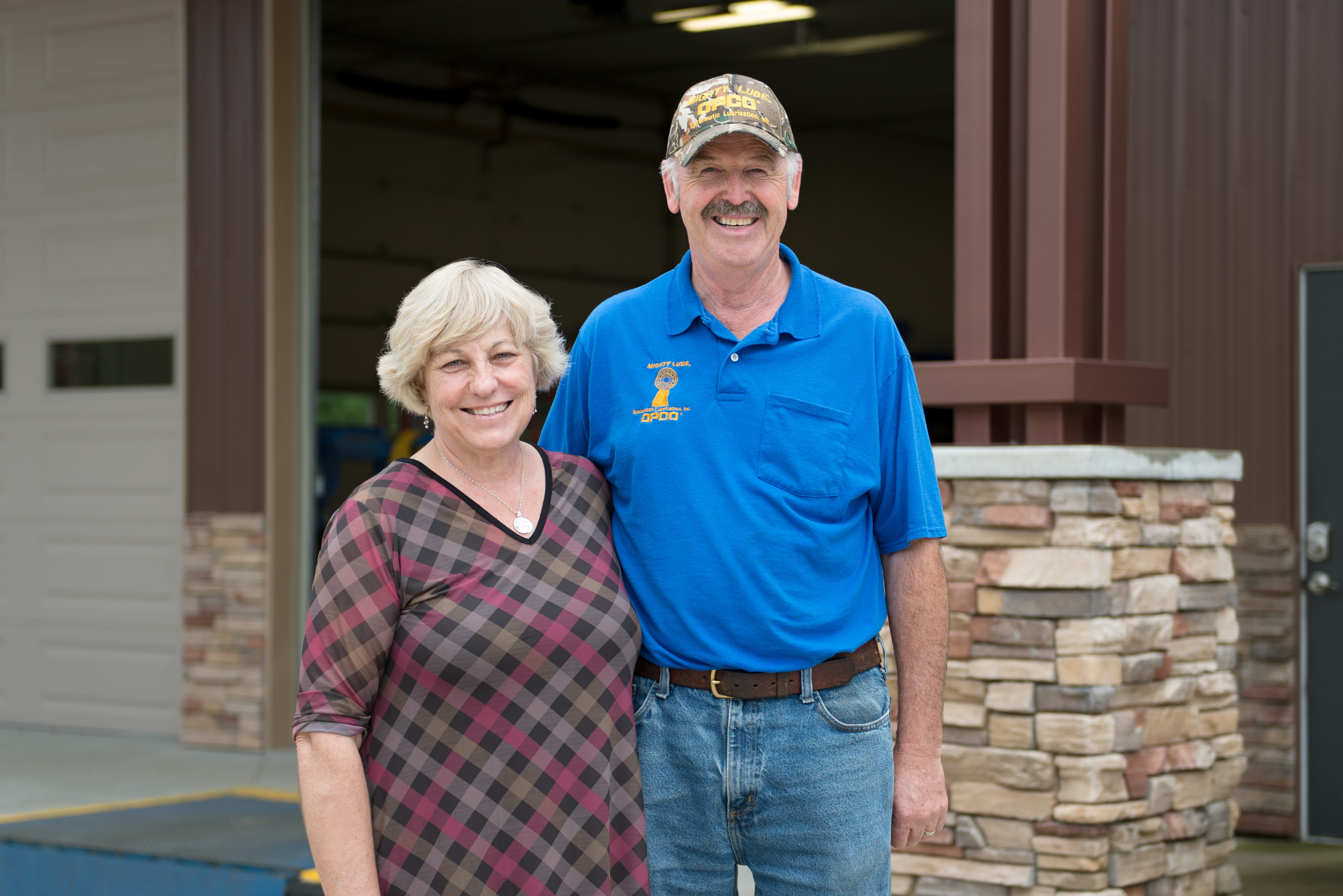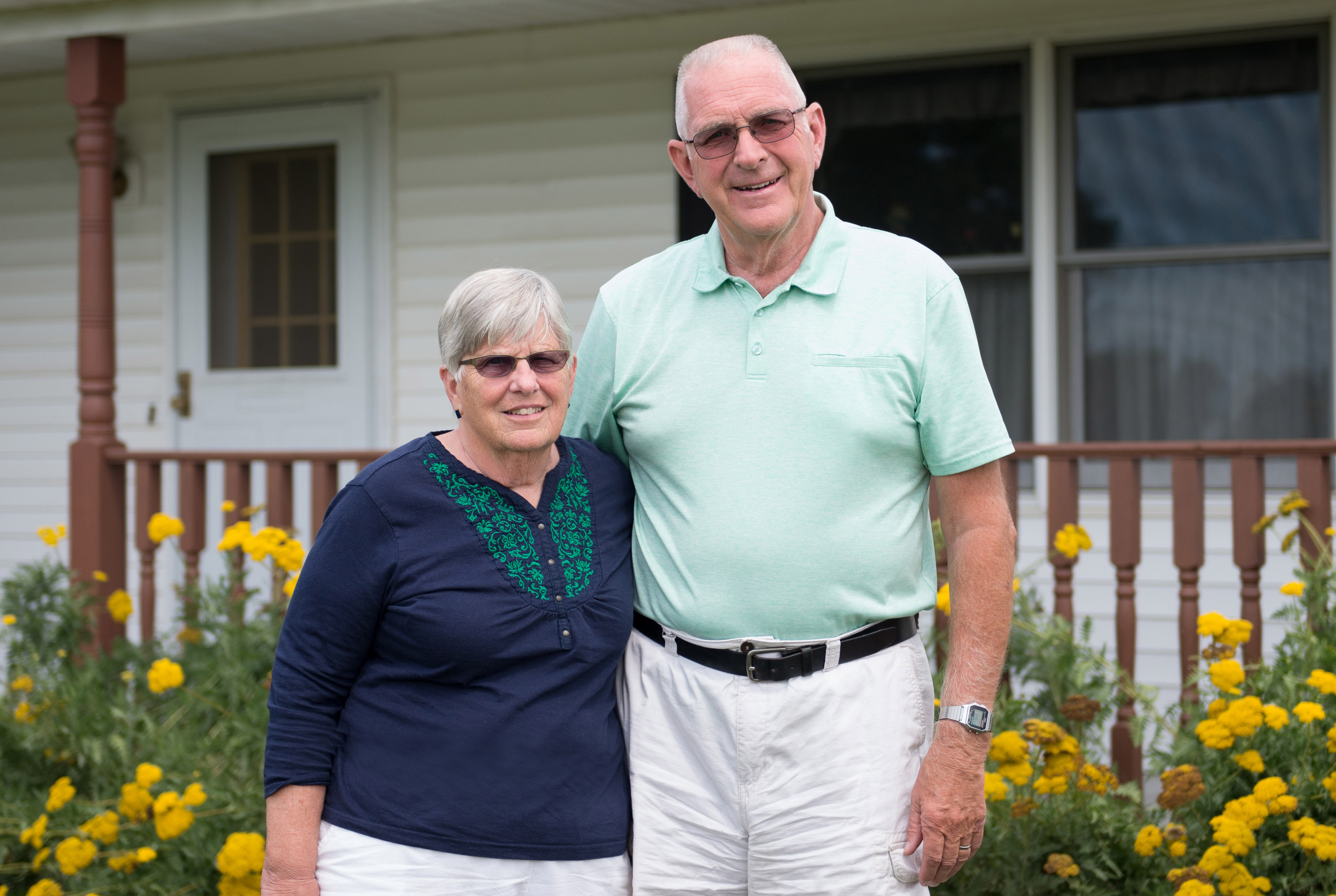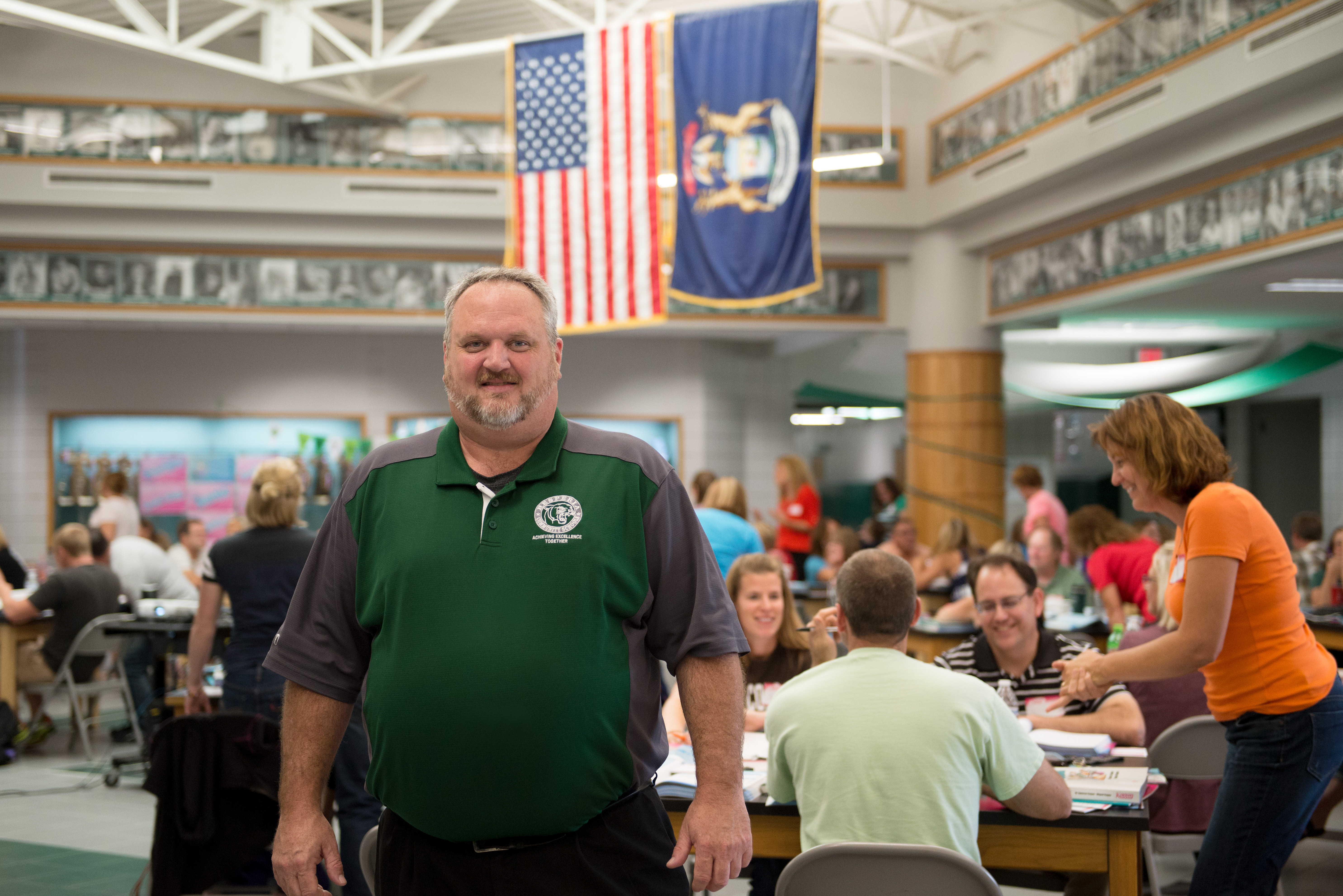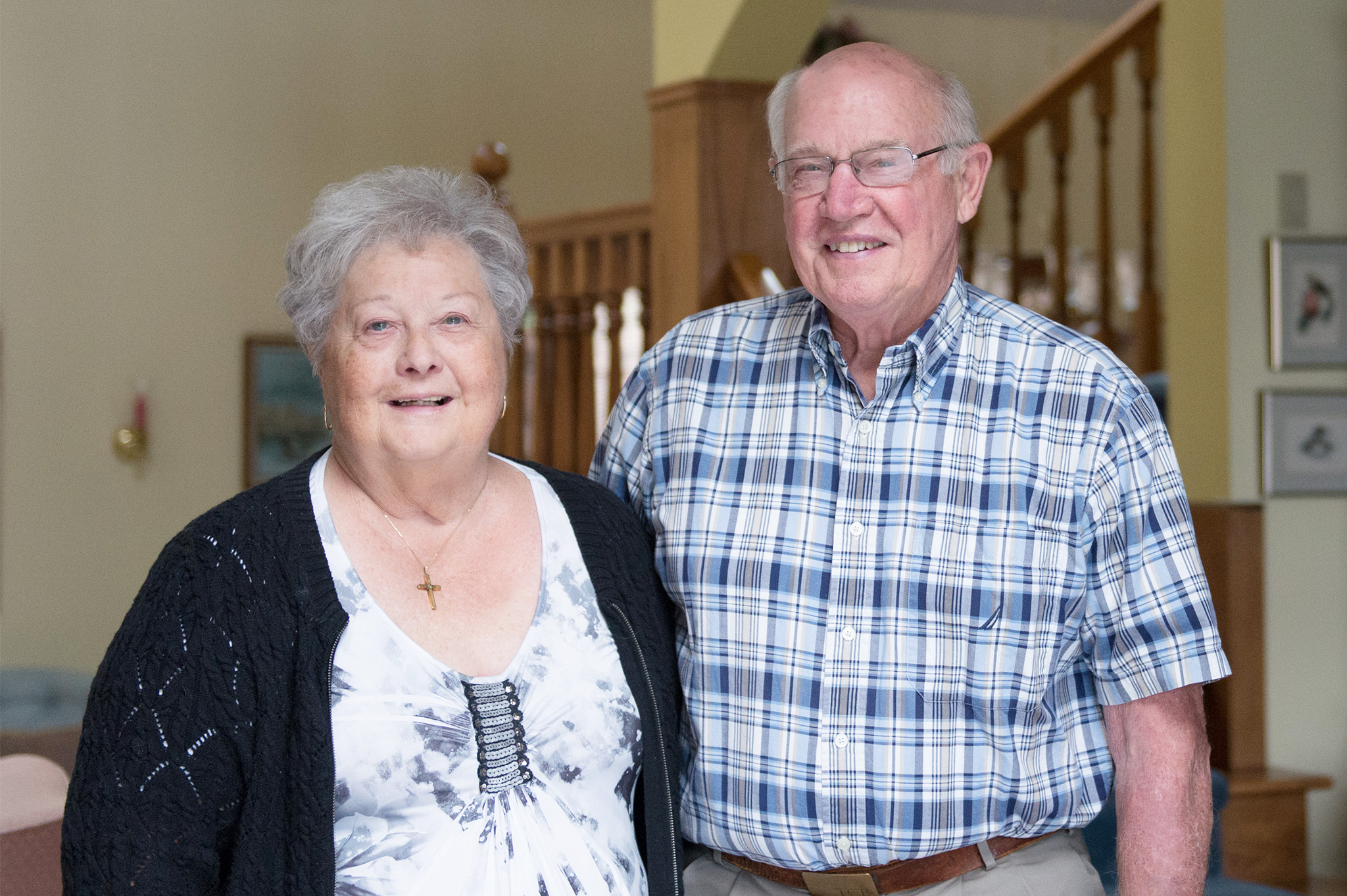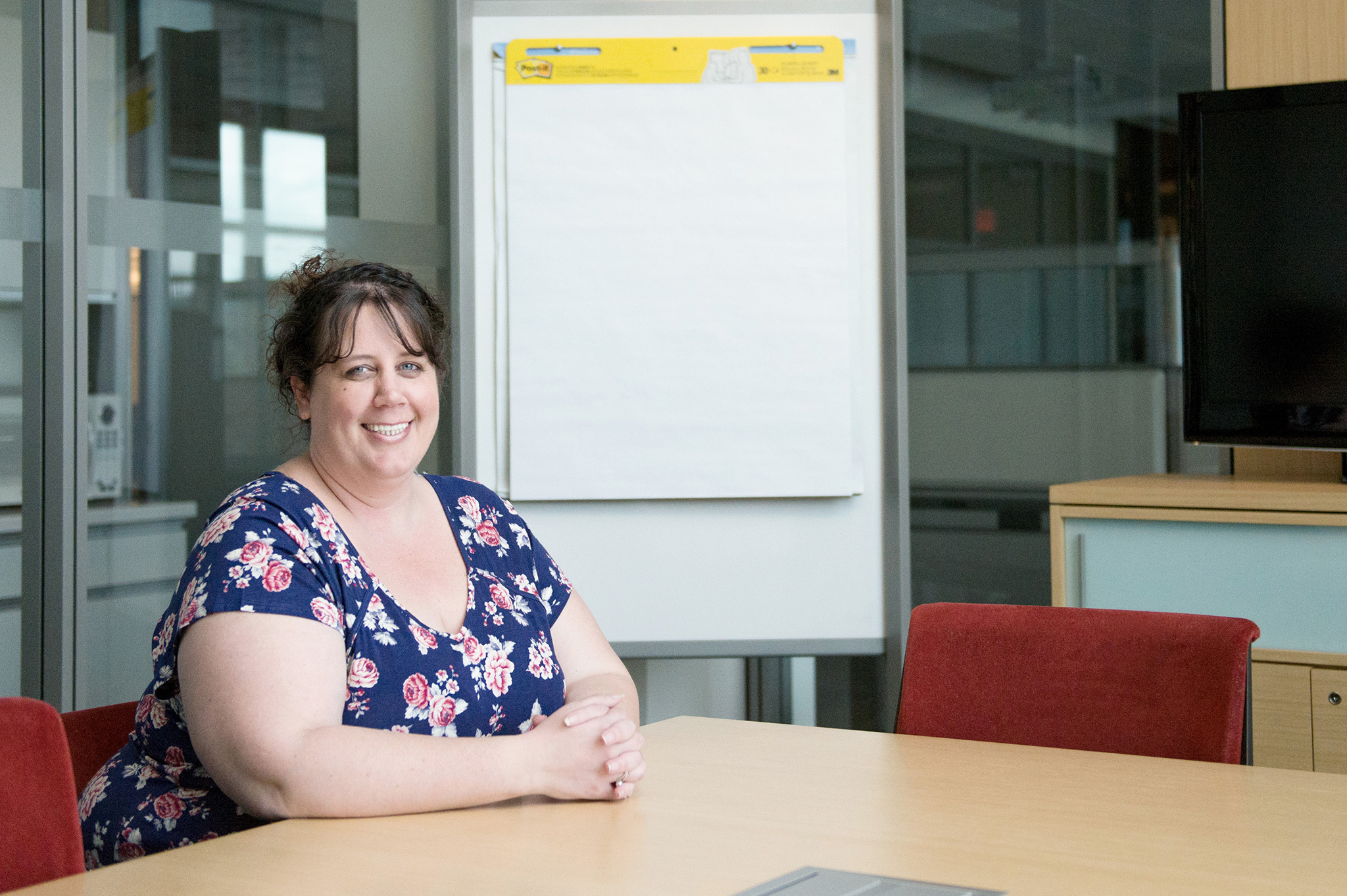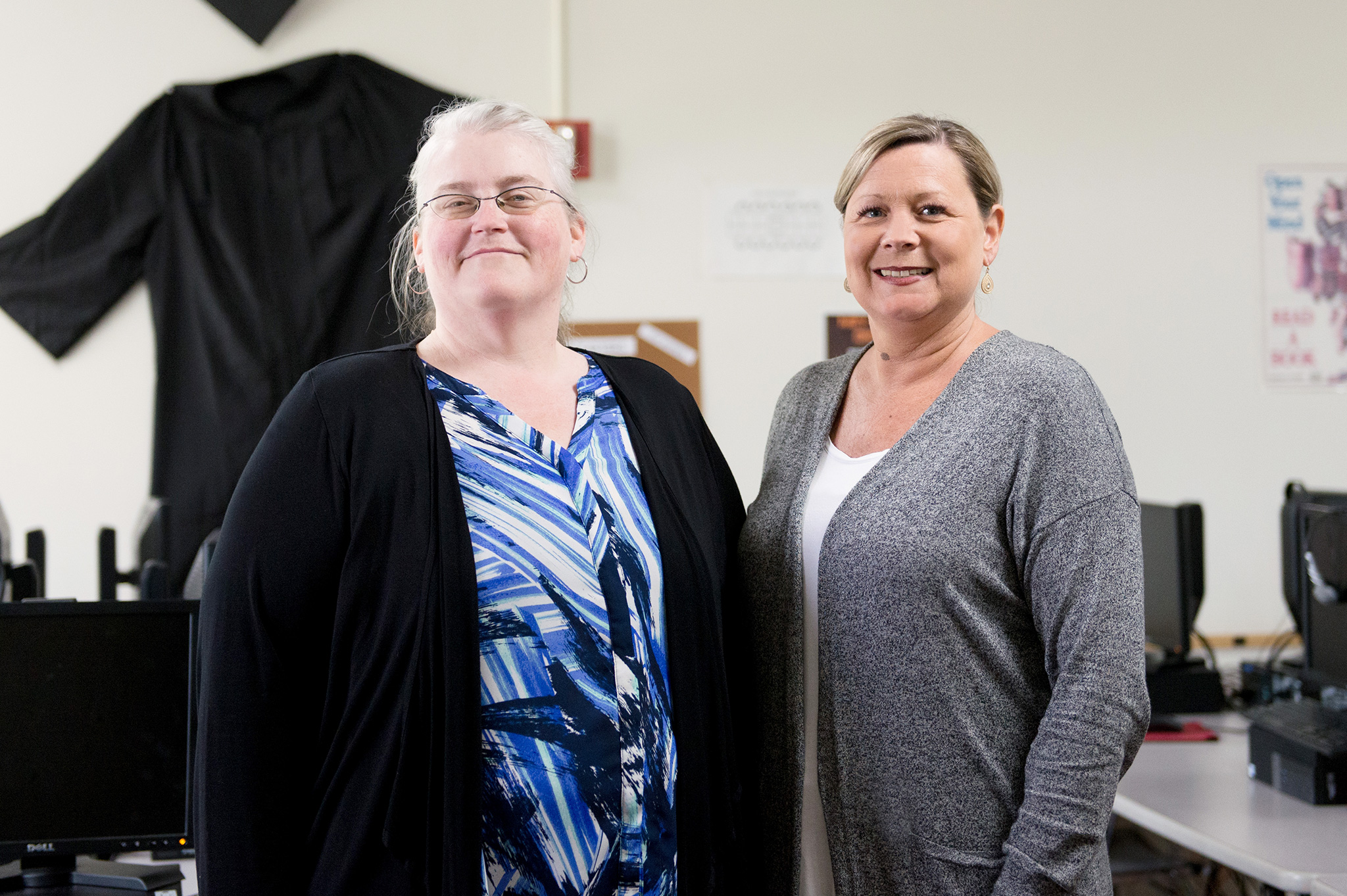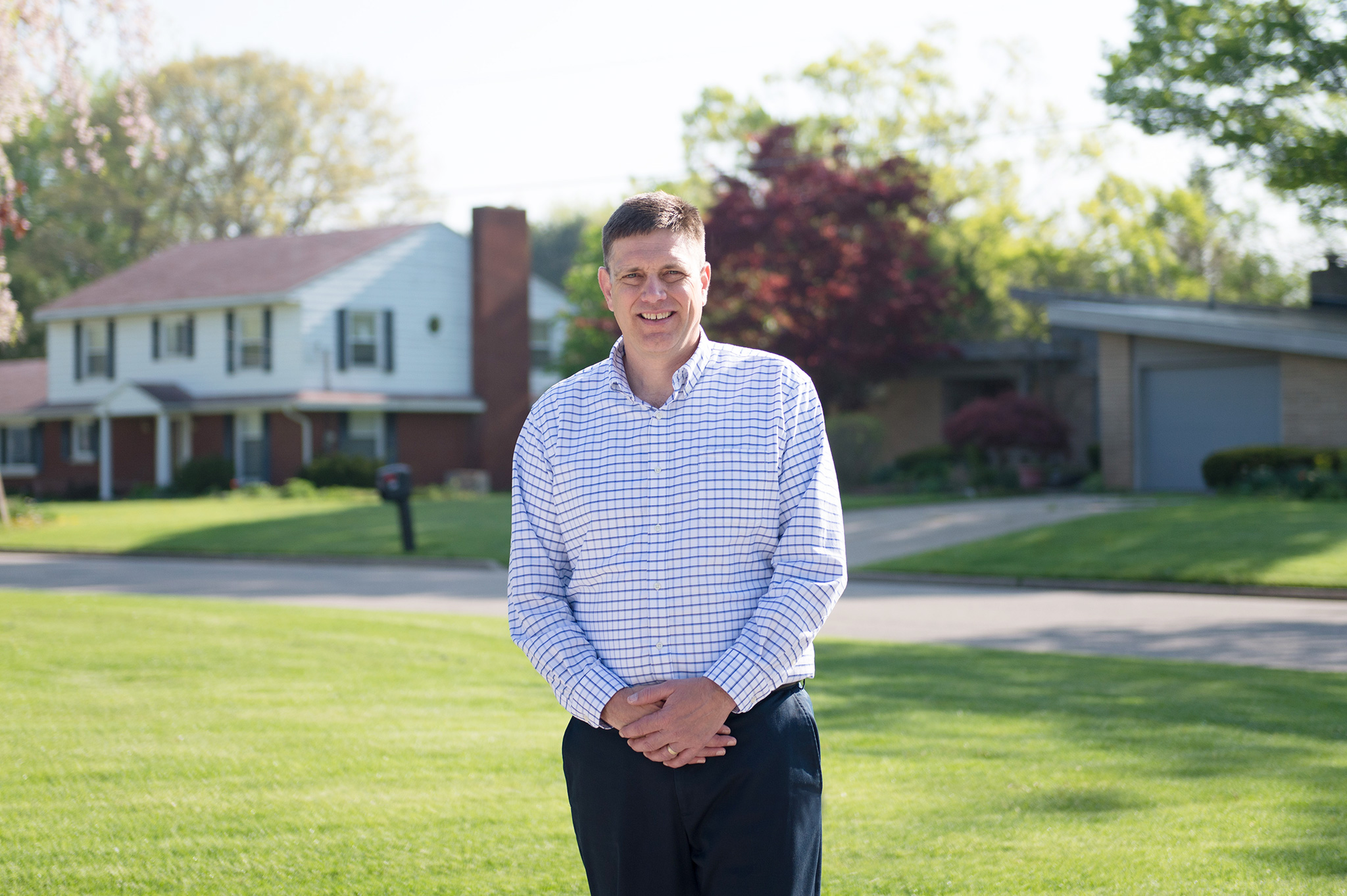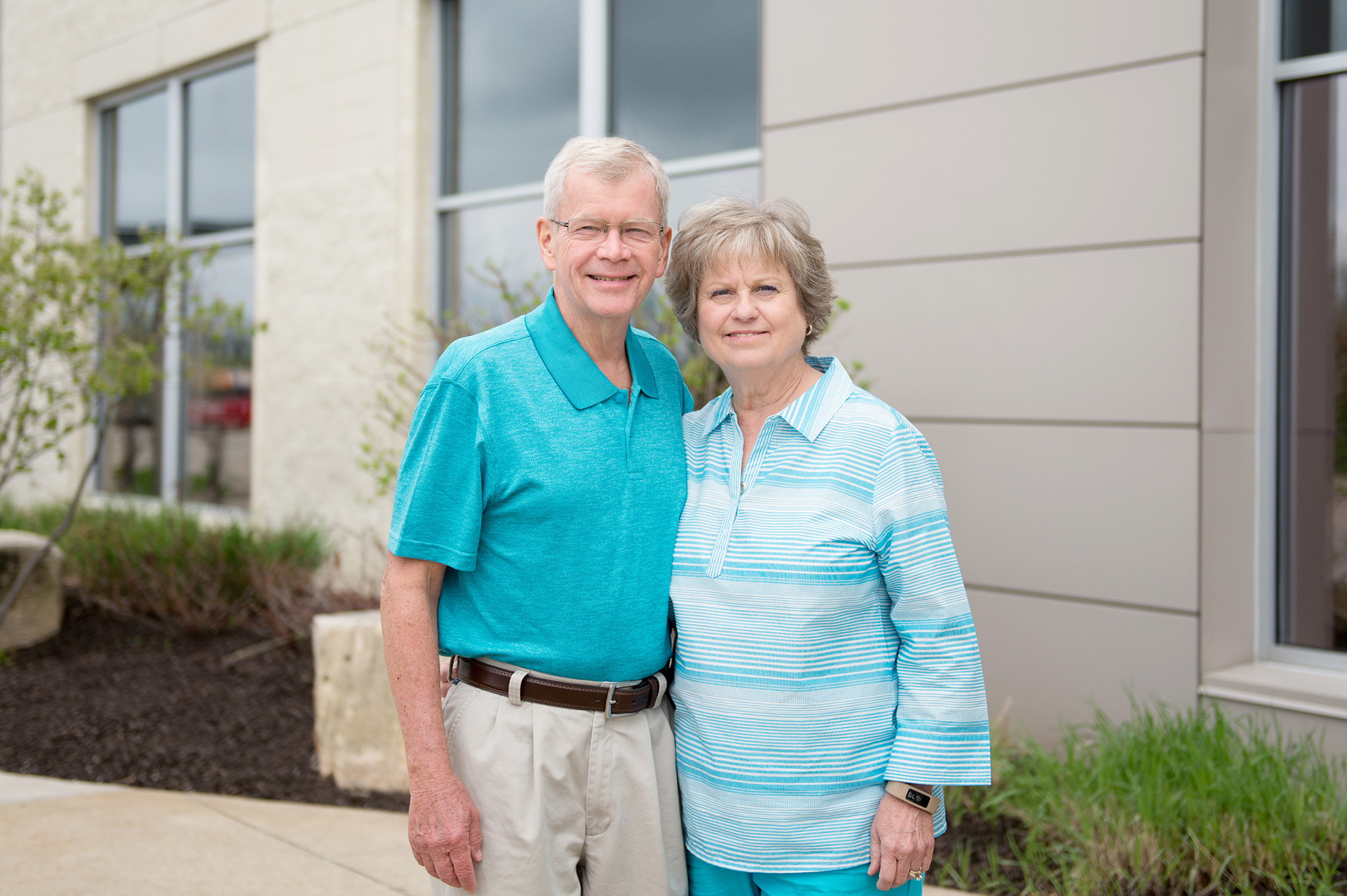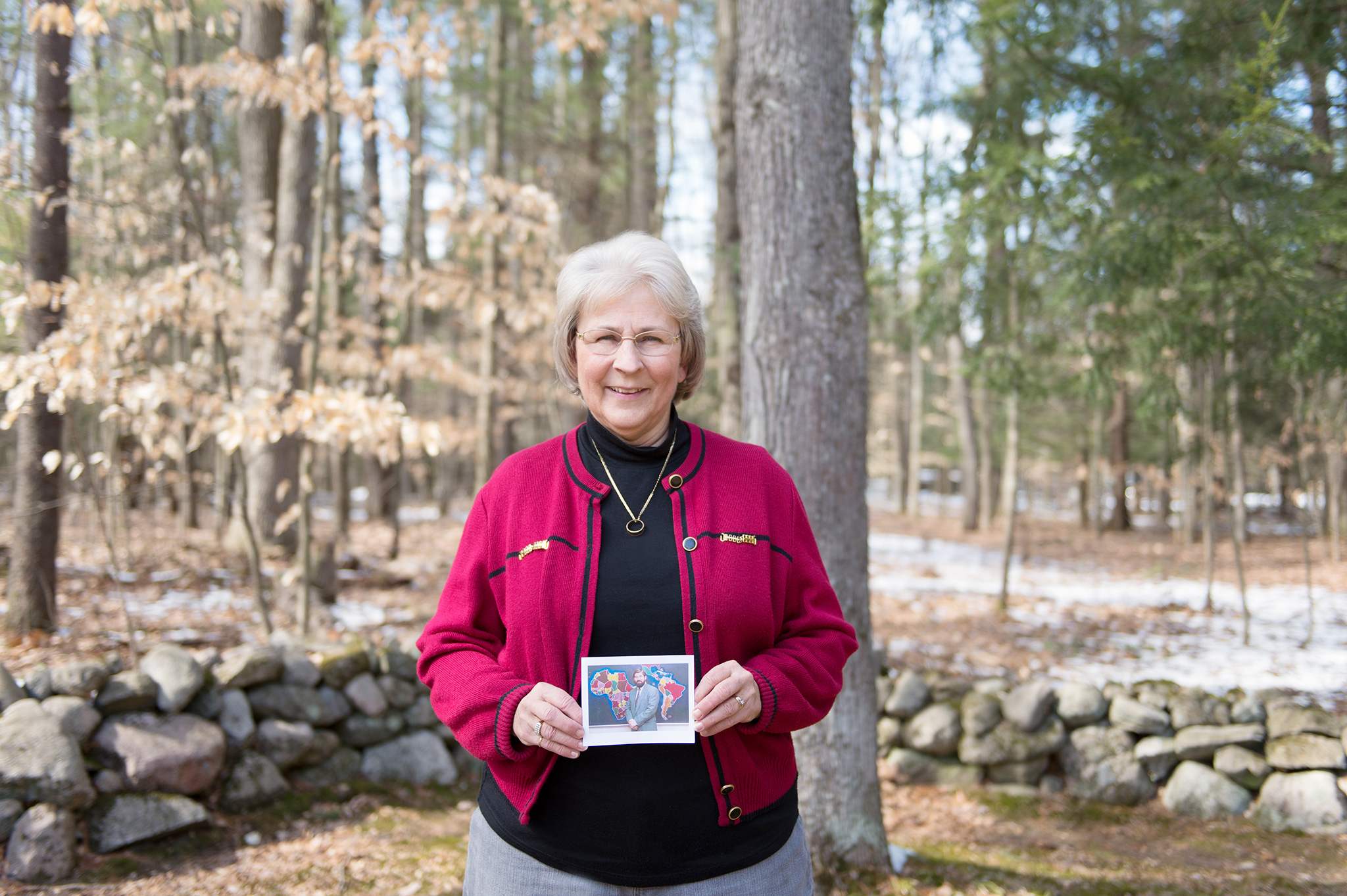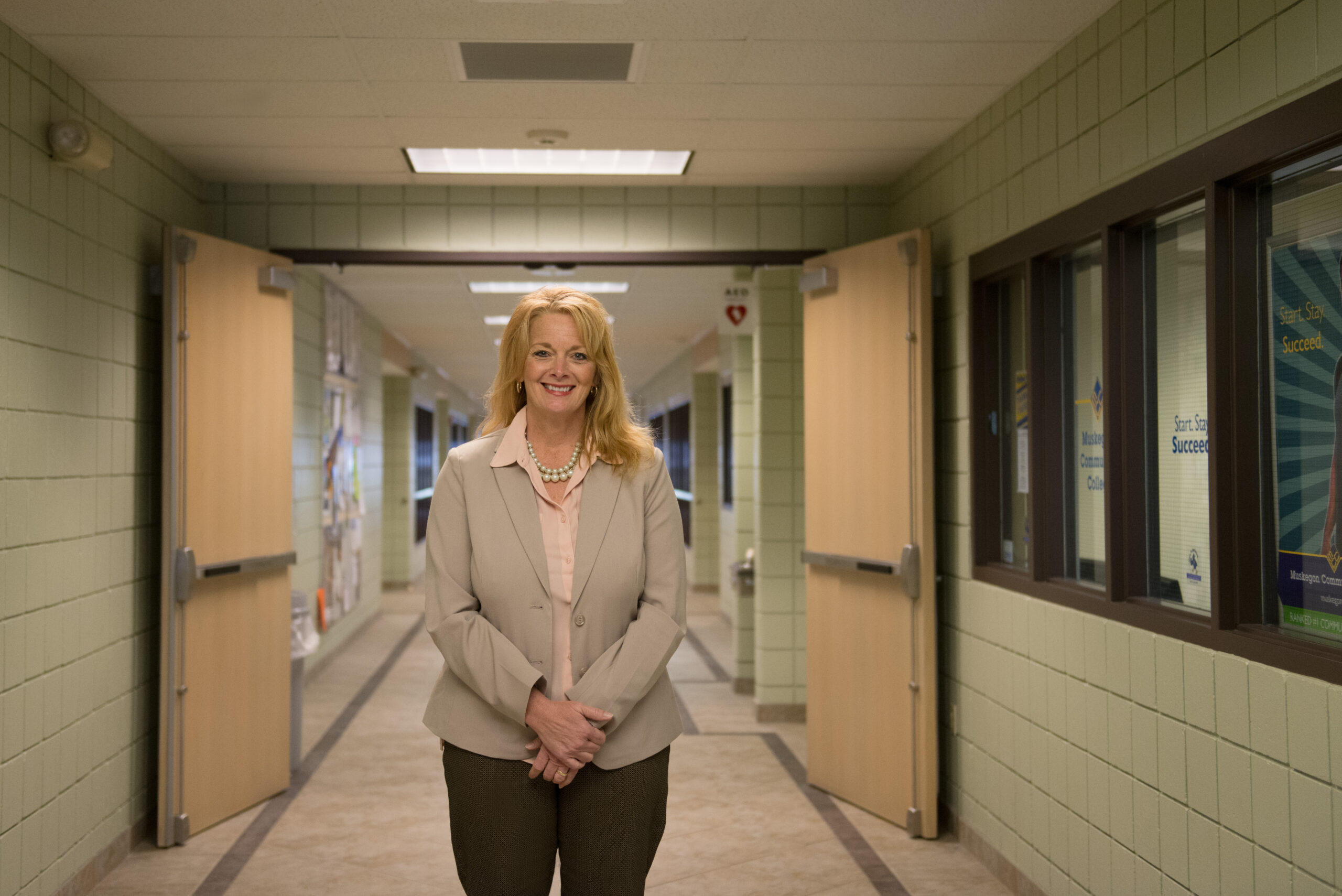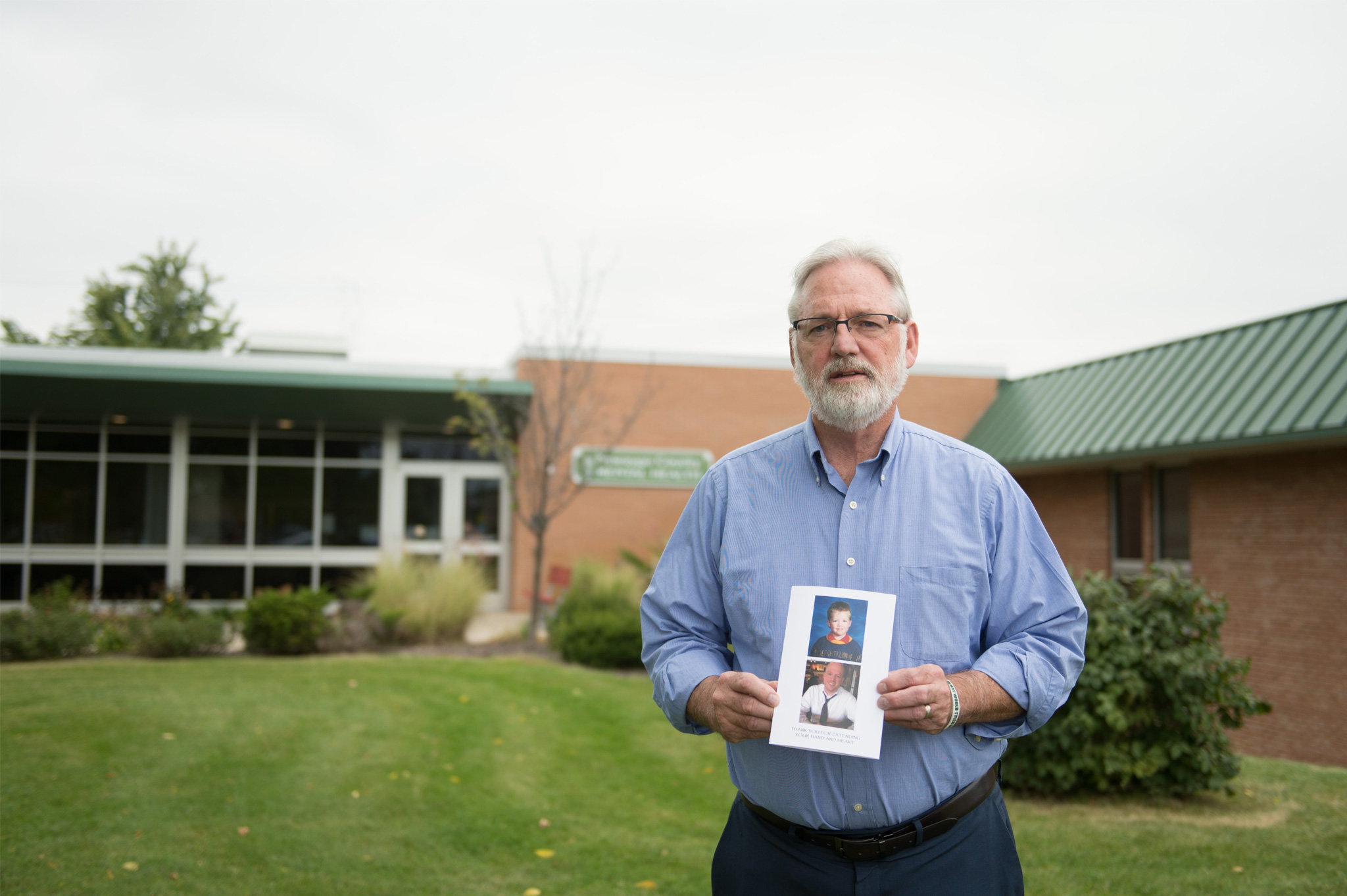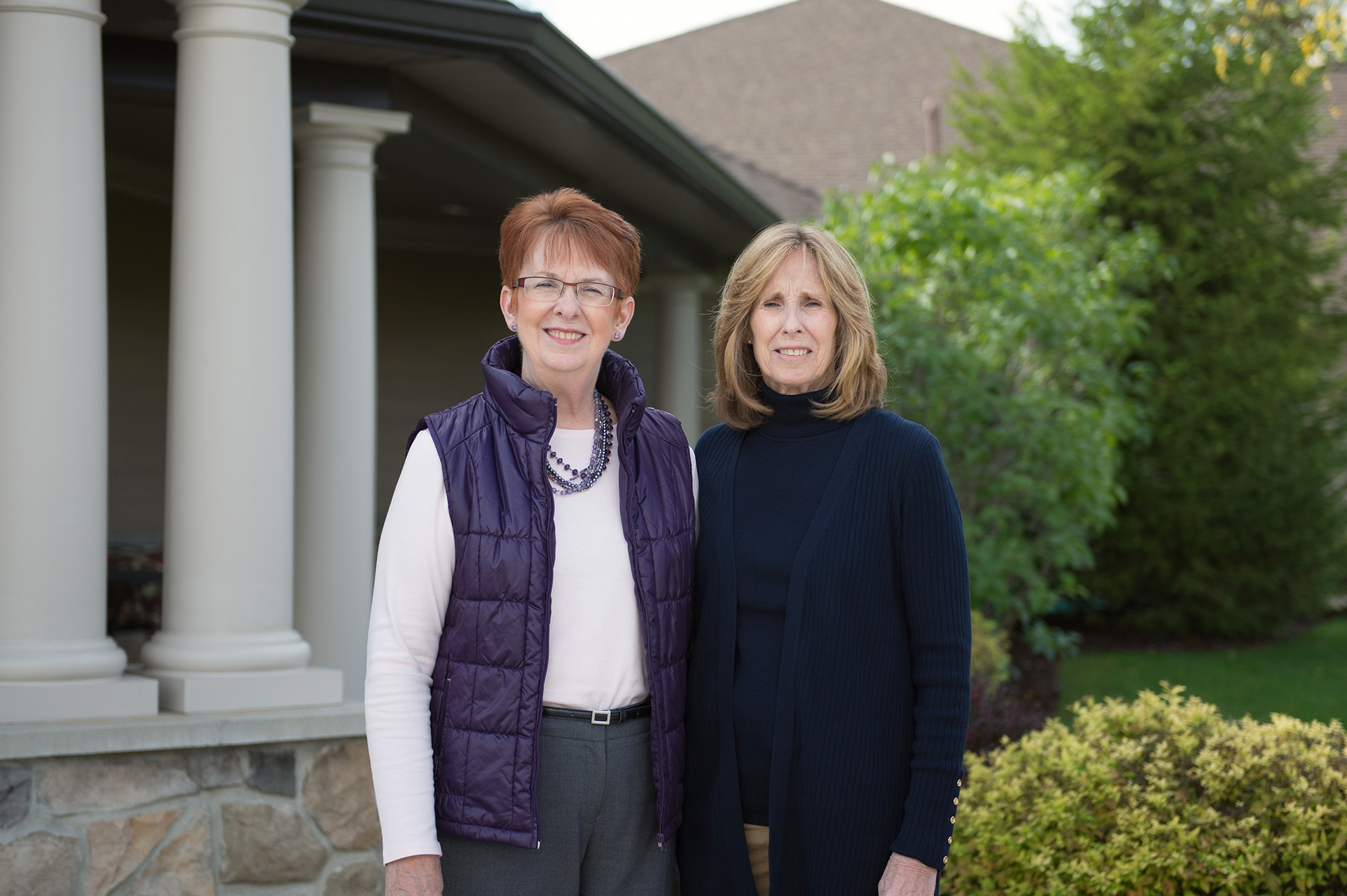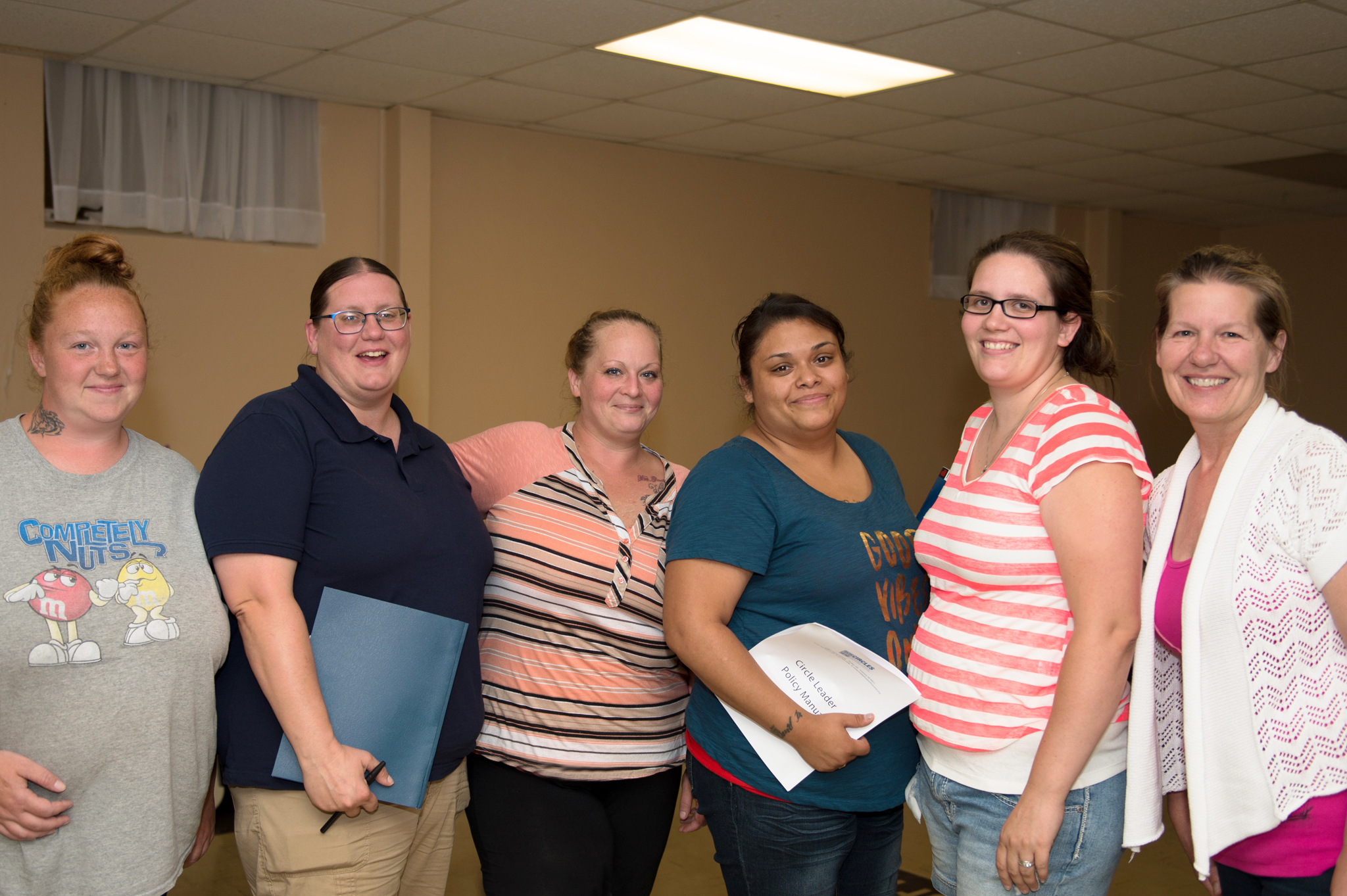Bill and Jeanne Leaver were both born in Fremont, just days apart. They dated in high school, went their separate ways, then reconnected years later at a reunion. Their careers—Bill’s in hospital administration and Jeanne’s in teaching—took them around the country, but they always planned to come home.
“We knew we would come back here,” said Bill. “Our kids and families were here.”
Their roots in the community grew right along with a belief in the importance of giving back.
“We both grew up in an environment where our parents were very focused on teaching you that you were blessed with many gifts and you have a responsibility to help,” said Bill.
Those early examples have inspired the Leavers to find their own ways to get involved, including volunteering and creating a fund at the Community Foundation.
With their donor advised fund, the Leavers can address a variety of needs—including supporting women in transition and homelessness—that can help strengthen their community.
“We need to be more concerned with what kind of society we have and the world our grandchildren will live in,” said Bill. “It’s not just the responsibility of the government or schools or churches. It’s all of us. What contribution are we making?”
“We all can think about the little things people did for us—little acts of kindness that you remember all your life,” said Jeanne. “Wanting to do for someone else, helping, being kind—that leads you to a place where you want to help with bigger changes.”

